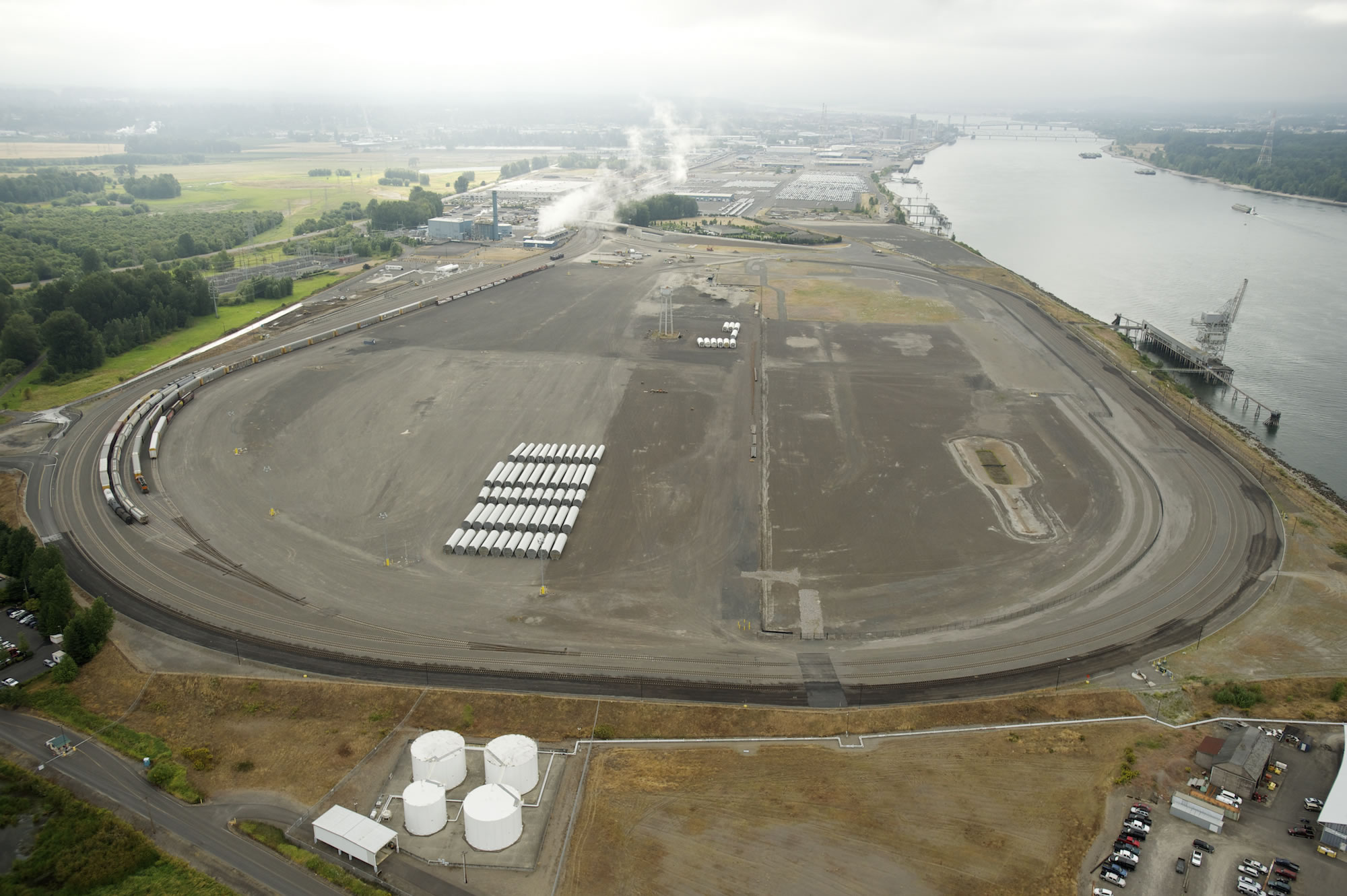JULY
• Port of Vancouver commission approves Tesoro-Savage oil-transfer terminal amid strong community opposition.
• Boeing subsidiary Insitu, a growing Southwest Washington employer, breaks ground on a 120,000-square-foot production facility in the Klickitat County town of Bingen.
• Housing continued its strong recovery with a 22 percent one-month increase in sales and a 19 percent year-over-year increase in median sales price.
• Wal-Mart opens its first Clark County small-concept Neighborhood Market, at Vancouver Plaza.
AUGUST
• Lisa Nisenfeld says she'll leave her job as president of the Columbia River Economic Development Council on Oct. 1.
• PeaceHealth says it will cut 500 jobs systemwide as it faces a $130 million budget deficit. Cuts include 340 positions in Southwest Washington, with half of those as layoffs.
• In Hazel Dell, iconic Smokey's Pizza closes its doors and another icon, Steakburger, is up for sale. Chuck's Produce opens a Salmon Creek store, its second.
• The Port of Vancouver faces a citizen complaint alleging public meetings law violations in its approval of the Tesoro-Savage proposal, and a waterfront developer raises concerns about the project's impact on redevelopment plans.
SEPTEMBER
• State grain inspectors, saying they fear for their personal safety, temporarily halt grain inspections at the United Grain terminal, embroiled in a labor dispute with the longshore union.
• Port of Camas/Washougal unveils plans for riverfront commercial and open space development at the former Hambleton Mill site in Washougal.
• The state auditor's office says it will review possible public meetings law violations by the Port of Vancouver commission with the Tesoro-Savage approval.
• Columbia River Crossing gains momentum with funding OK for light-rail operations and Coast Guard approval of bridge height, but the Oregon Legislature takes no action, leaving the project in limbo.




